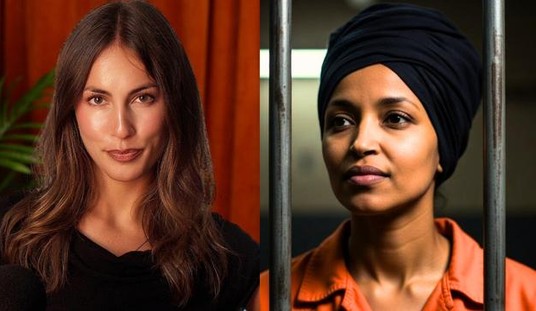The election may be over, but that hasn’t stopped Kamala Harris from continuing to spin tales about her background. In a post on X, Harris claimed, “When I was growing up, Kwanzaa was a special time of reflection with family and friends. Let us carry the wisdom of the seven principles with us as we work to build a brighter future. Happy Kwanzaa.”
She’s been telling versions of this story for quite a while now, but it doesn’t hold up. Kamala was born in 1964, and, according to Wikipedia, “American black separatist Maulana Karenga created Kwanzaa in 1966 during the aftermath of the Watts riots as a non-Christian, specifically African-American, holiday.”
When I was growing up, Kwanzaa was a special time of reflection with family and friends. Let us carry the wisdom of the seven principles with us as we work to build a brighter future. Happy Kwanzaa. pic.twitter.com/LtMJdp4ss4
— Vice President Kamala Harris (@VP) December 26, 2024
Related: You Won't Believe Who Jen Psaki Thinks the Future of the Democratic Party Is
So that means she was born two years before Kwanzaa even existed. Was her family really an early adopter of this fake holiday before it became pseudo-mainstream?
The odds are very much against it.
Remember, Kamala is of Indian and Jamaican descent, not African, so it was unlikely her family embraced this newly created holiday during her childhood. Her parents divorced in 1972 when she was seven, and she was primarily raised by her Indian mother, who adhered to Hindu traditions.
But we’re supposed to believe that Kwanzaa was an annual fixture in her household?
Kamala herself didn’t attempt to identify as black until she ran for president. In 2016, when Harris was elected to the U.S. Senate, the Associated Press celebrated her as the “first Indian-American U.S. Senator.”
Recommended: Did Joe Biden Poke the Bear With the Federal Death Penalty?
Harris’s inauthenticity is nothing new. During her campaign, she was notorious for adopting different accents to pander to various audiences. In Detroit, she’d speak with an exaggerated urban accent that clashed with her usual polished delivery. In Atlanta, she tried out a Southern drawl. This kind of desperate pandering is a hallmark of Harris’s political career. She seems willing to morph into whatever version of herself she thinks her audience wants, no matter how phony it looks.
Why does this matter? Her shift to primarily identifying as black appears less about authenticity and more about political calculation. Donald Trump pointed this out during a Q&A at the National Association of Black Journalists convention earlier this year. When asked about Republican criticism of Harris as a “DEI hire,” Trump quipped, “She was always of Indian heritage, and she was only promoting Indian heritage. I didn’t know she was black until a number of years ago, when she happened to turn black.”
If Kamala is still pushing this likely false narrative about celebrating Kwanzaa as a child, it tells me that she’s keeping up the ruse for a long-term battle plan for her political future. I suspect it means she still has an eye on the presidency.










